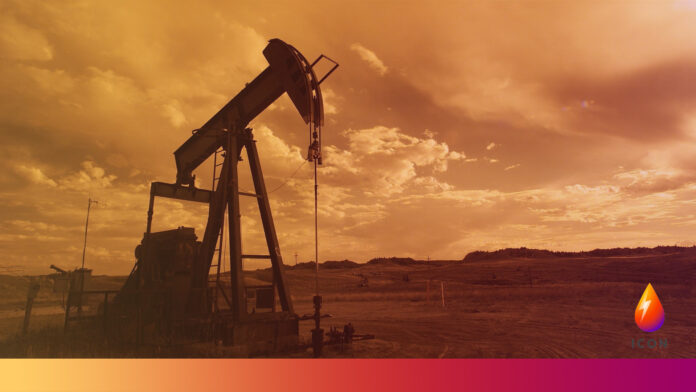Rich countries must end oil and gas production by 2034 to keep the world on track for 1.5°C and give poorer nations longer to replace their income from fossil fuel production, a new report from a leading climate scientist at the University of Manchester finds.
It proposes different phaseout dates for oil- and gas-producing countries in line with the Paris Agreement’s goals and commitment to a fair transition.
Taking into account countries’ differing levels of wealth, development and economic reliance on fossil fuels, it says the poorest nations should be given until 2050 to end production but will also need significant financial support to transition their economies.
The report, by Professor Kevin Anderson, a leading researcher at the Tyndall Centre for Climate Change Research, and Dr Dan Calverley, warns that there is no room for any nation to increase production, with all having to make significant cuts this decade.
The richest, which produce over a third of the world’s oil and gas, must cut output by 74% by 2030; the poorest, which supply just one ninth of global demand, must cut back by 14%.
Kevin Anderson, Professor of Energy and Climate Change at the University of Manchester, commented on the report: “Responding to the ongoing climate emergency requires a rapid shift away from a fossil fuel economy, but this must be done fairly.
“There are huge differences in the ability of countries to end oil and gas production, while maintaining vibrant economies and delivering a just transition for their citizens. We have developed a schedule for phasing out oil and gas production that – with sufficient support for developing countries – meets our very challenging climate commitments and does so in a fair way.
“The research was completed prior to Russia’s invasion of Ukraine. Our first thoughts are with the Ukrainian people and indeed with all of those caught up in the war. But the resulting high energy prices also remind us that oil and gas are volatile global commodities, and economies that depend on them will continue to face repeated shocks and disruption.
“The efficient and sensible use of energy combined with a rapid shift to renewables will increase energy security, build resilient economies, and help avoid the worst impacts of climate change.”
The report, commissioned by the International Institute for Sustainable Development, notes that some poorer nations are so reliant on fossil fuel revenues that rapidly removing this income could threaten their political stability.
Countries like South Sudan, Congo-Brazzaville, and Gabon, despite being small producers, have little economic revenue apart from oil and gas production.
By contrast, it observes: “Wealthy nations that are major producers, typically remain wealthy even once the oil and gas revenue is removed.” Oil and gas revenue contribute 8% to US GDP, but without it, the country’s GDP per head would still be around USD 60,000 – the second highest globally.
When countries signed the UN Paris Agreement, they agreed that wealthy nations should take bigger and faster steps to decarbonise their economies and also provide financial support to help poorer countries move away from fossil fuels.
This principle has been applied to coal power generation, with the UN calling on wealthy OECD countries to phase out coal use by 2030 and the rest of the world by 2040.
The report, titled ‘Phaseout Pathways for Fossil Fuel Production’, applies similar principles to oil and gas.
It quantifies how much future production is consistent with the Paris climate targets and what this implies for the 88 countries responsible for 99.97% of all oil and gas supply, setting viable phaseout pathways for five different groups of countries based on their differing capacities to make a rapid and just transition away from fossil fuels.
The report also offers a more ambitious scenario with a 67% chance of meeting 1.5°C. This would require the richest countries to end oil and gas production by 2031 and the poorest by 2042.
In a less ambitious scenario, with a 50% chance of meeting 1.7°C – reflecting “well below 2 degrees” – the richest countries would have to halve oil and gas production by 2035 and end it by 2045. The poorest countries would have until 2062 to phase out all production, but there would still be no room for additional oil and gas production.
Dr Dan Calverley added: “There is very little room for manoeuvre if we want to limit warming to 1.5°C.
“Although this schedule gives poorer countries longer to phase out oil and gas production, they will be hit hard by the loss of income.
“An equitable transition will require substantial levels of financial assistance for poorer producers, so they can meet their development needs while they switch to low-carbon economies and deal with growing climate impacts.”
The full report can be found from the University of Manchester website.
